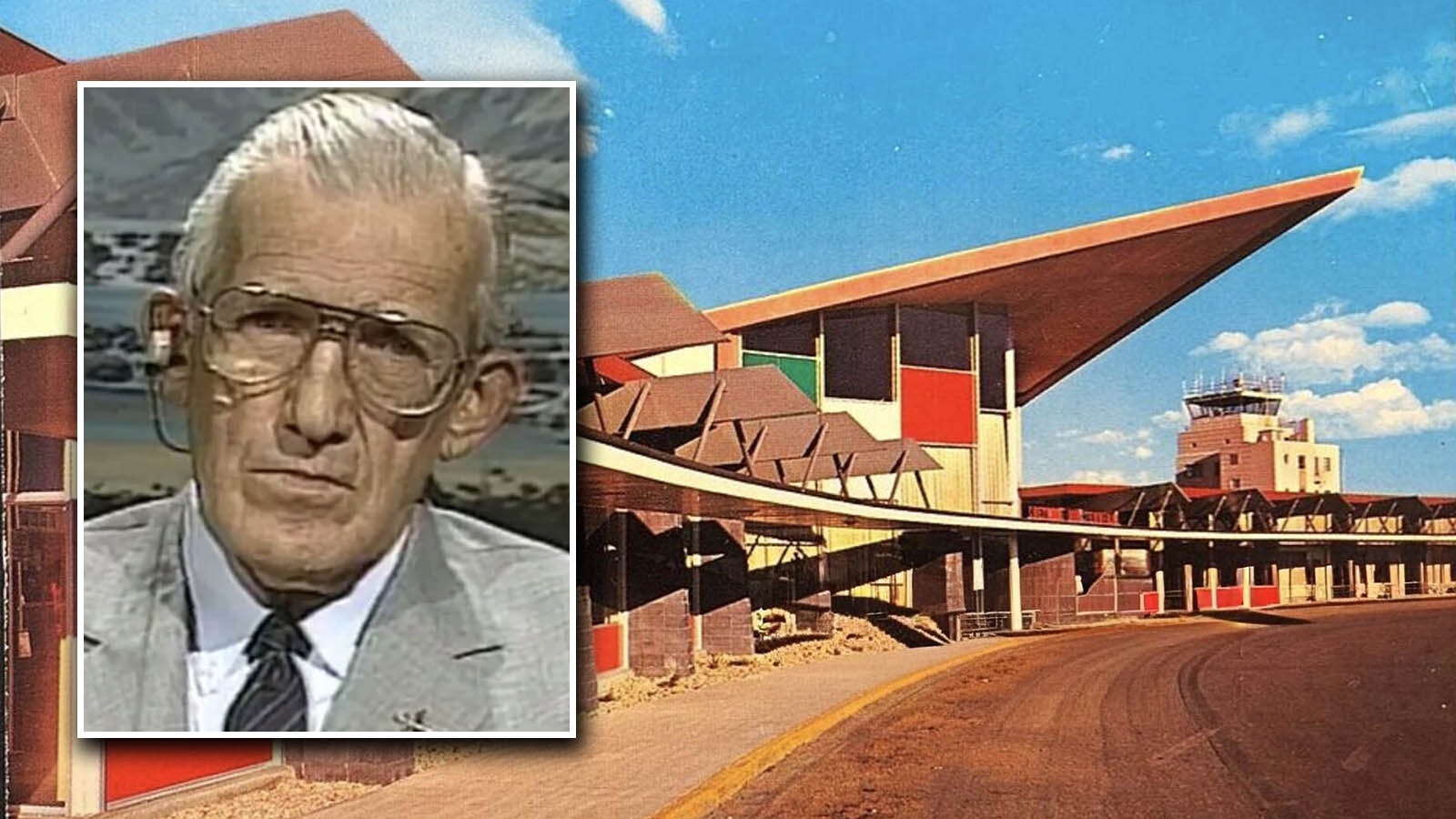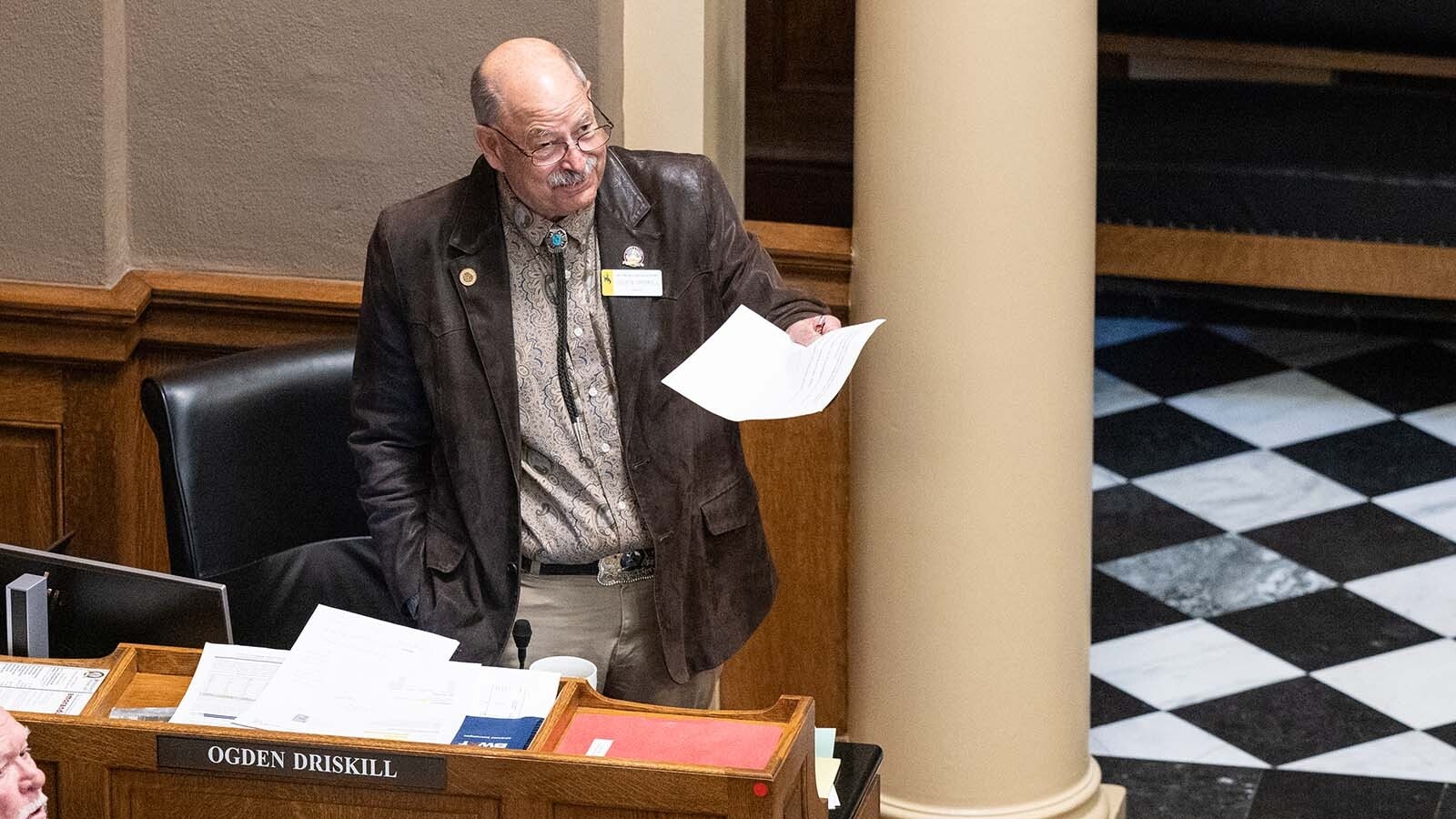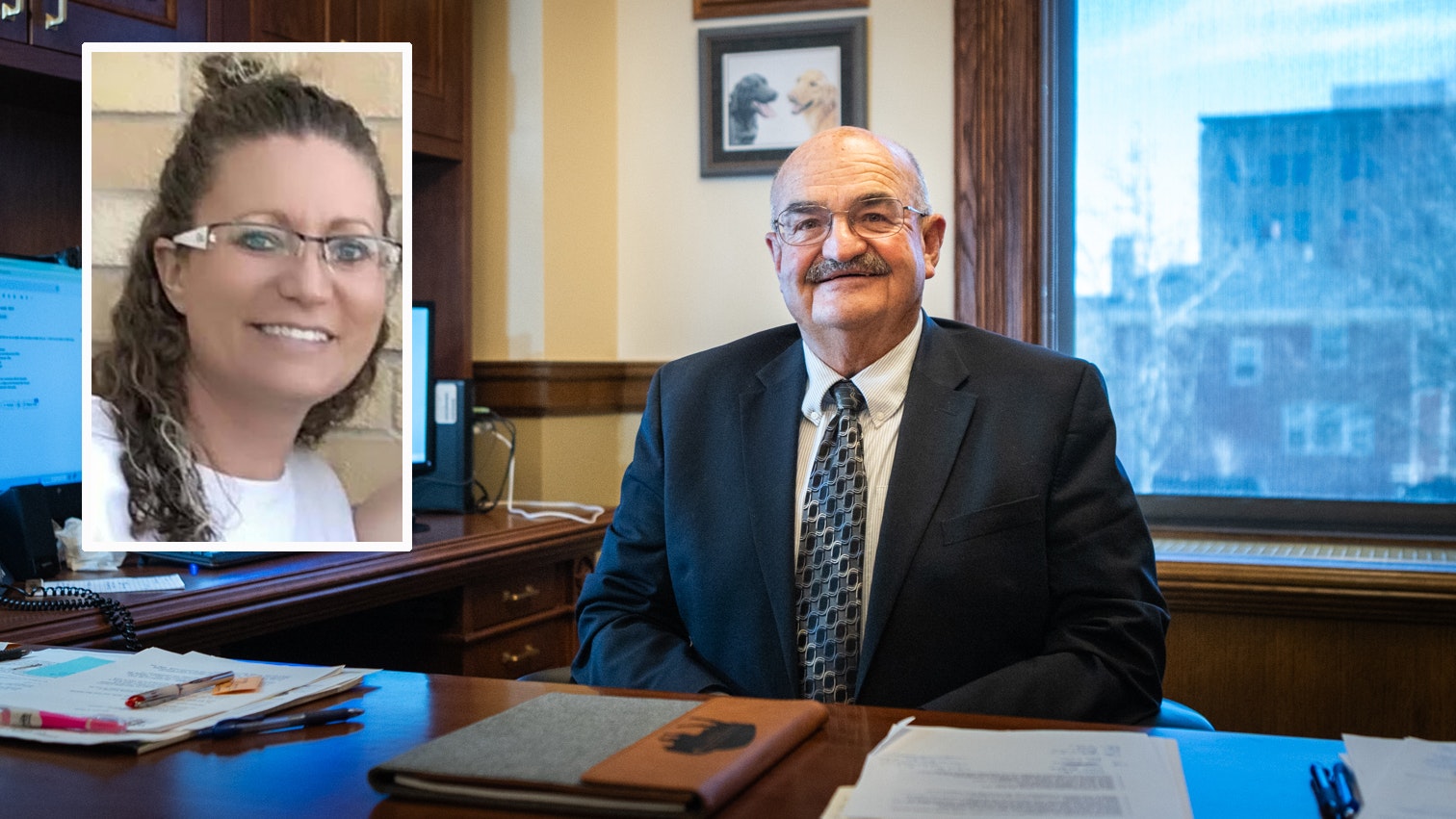A Wyoming legislator serving the Laramie area wants to make the government prove a crime before it can take the alleged criminal’s money or property.
The state of Wyoming can take cash linked to drug trafficking that might be legal elsewhere, but is illegal here.
It also can take money implicated in drug dealing or other crimes, even if its original owner was acquitted of those crimes in criminal court or convicted under a lesser crime.
Rep. Karlee Provenza, D-Laramie, told Cowboy State Daily that she hopes to resurrect her failed 2024 bill titled “Freedom From Government Seizure,” in either the lawmaking session that starts Feb. 9, or a later session if she’s reelected.
Doing so this year might prove too challenging, Provenza noted, since non-budget bills require a two-thirds majority vote to enter the budget sessions of even-numbered years.
If it had become law, Provenza’s 2024 bill would have generally required government property seizures on the government being able to prove a crime in court, and on the defendant being sentenced for that crime.
As Wyoming law has it now, the government needs only to prove by a “clear and convincing” evidence standard that someone’s property is involved in a crime.
Conversely, the government must meet the much tougher standard of “beyond a reasonable doubt” to convict someone of that same crime.
“I think the people of Wyoming believe they should have freedom from government seizures until it’s proven (on the criminal standard) that any of those assets are involved in a crime,” Provenza said. “It’s the government taking property from the people.”
Cowboy State Daily has covered two Wyoming Supreme Court cases regarding this issue.
That includes one last week where the high court sent a case back to district court for the judge to reassess whether a the $54,226 found in a retired Wamsutter trucker’s two vehicles was all associated with drug trafficking.
Provenza said that “it happens more often” than reported in the press. “It continues to happen. And it needs to be fixed.”
Provenza’s 2024 bill had bipartisan support, featuring Republican co-sponsors that include current Majority Whip Rep. Ocean Andrew of Laramie; then-Rep. (and now top Trump staffer) Cyrus Western of Sheridan; and current gubernatorial candidate Sen. Eric Barlow of Gillette.
Died Because …
It died in the drawer of then-House Speaker Rep. Albert Sommers, R-Pinedale.
But that wasn’t the bill’s fault, Sommers told Cowboy State Daily on Friday.
It’s been a couple years, but looking at all factors, Sommers said he believes he held the bill back because it was a budget session, and he’d already unleashed one of Provenza’s bills.
He tried to give everyone a chance at getting a bill onto the floor, Sommers added.
“In general, I don’t like the government seizing somebody’s property. That’s just me,” he said. “I would have been probably inclined to listen pretty hard at Provenza’s bill.”
As to the bill’s chances looking ahead, that’s uncertain as well.
House Speaker Rep. Chip Neiman, R-Hulett, was puzzled at the notion that the government’s rules for taking a person’s crime-related property and convicting him for that crime are different.
But, he said, there may be nuances he’s not considered, and he’d like to confer with law enforcement before taking a stance.
Whatever Legislature Says
Wyoming Attorney General Keith Kautz’s office is in charge of pursuing civil forfeiture actions.
He’ll follow whatever the legislature decides on this issue, he told Cowboy State Daily.
While he was still a Wyoming Supreme Court justice, Kautz penned the 2023 majority opinion supporting the state’s seizure of $75,000 from a man who was hauling marijuana, ecstasy and other drug products — and cash — through Wyoming in his Cadillac Escalade in 2020.
The man was acquitted for drug possession, but his money was still subject to seizure, as he’d admitted he was going to use the money to buy a legal marijuana garden in Illinois.
The court’s opinion deferred to earlier case law making drug conspiracies punishable in Wyoming if perpetrators advanced any parts of those conspiracies in Wyoming.
While it was Kautz’s job in the past to interpret existing laws, it’s his job now to just enforce them, he noted.
“It’s up to the Legislature to set the standards, and we’ll enforce whatever they do,” Kautz said.
Unintended Consequences, Though
After failing to do so in 2014 and 2015, Wyoming set an unambiguous “clear and convincing” evidence standard for asset forfeiture in 2016.
It was a long fight that included a governor’s veto and a failed override in 2015, Sommers recalled.
Other states were grappling with the issue at about the same time.
Montana in 2015 passed legislation requiring a conviction before allowing civil asset forfeiture, but still subjecting the property to the clear and convincing standard.
Other states that have made seizure more difficult have faced unintended consequences.
One of those was New Mexico, the Santa Fe New Mexican reported.
Santa Fe Police Department Deputy Chief Ben Valdez told that newspaper that the state’s law, hinging seizure on criminal convictions, didn’t end the practice, but it may have pushed seizures into federal hands.
“The federal law enforcement agencies have separate authority and continue to utilize asset forfeiture to disrupt and dismantle criminal organizations,” he wrote to the New Mexican. “Their forfeitures did not stop when the state law changed.”
Colorado is grappling with the same issue, says a legislative pitch for a bill aimed at curbing a police practice of shifting asset seizures into the federal domain, rather than complying with the state’s safeguards.
That bill failed in April.
Yeah, But ...
Laramie-based attorney Linda DeVine criticized Wyoming’s seizure practice and said the state needs to revisit Provenza’s idea.
“Clear and convincing evidence isn’t that hard to prove,” said DeVine. “I’m not condoning any criminal activity someone does … (but) it can be something small. A small amount of weed or whatever, and they go after (the money).”
Clair McFarland can be reached at clair@cowboystatedaily.com.






